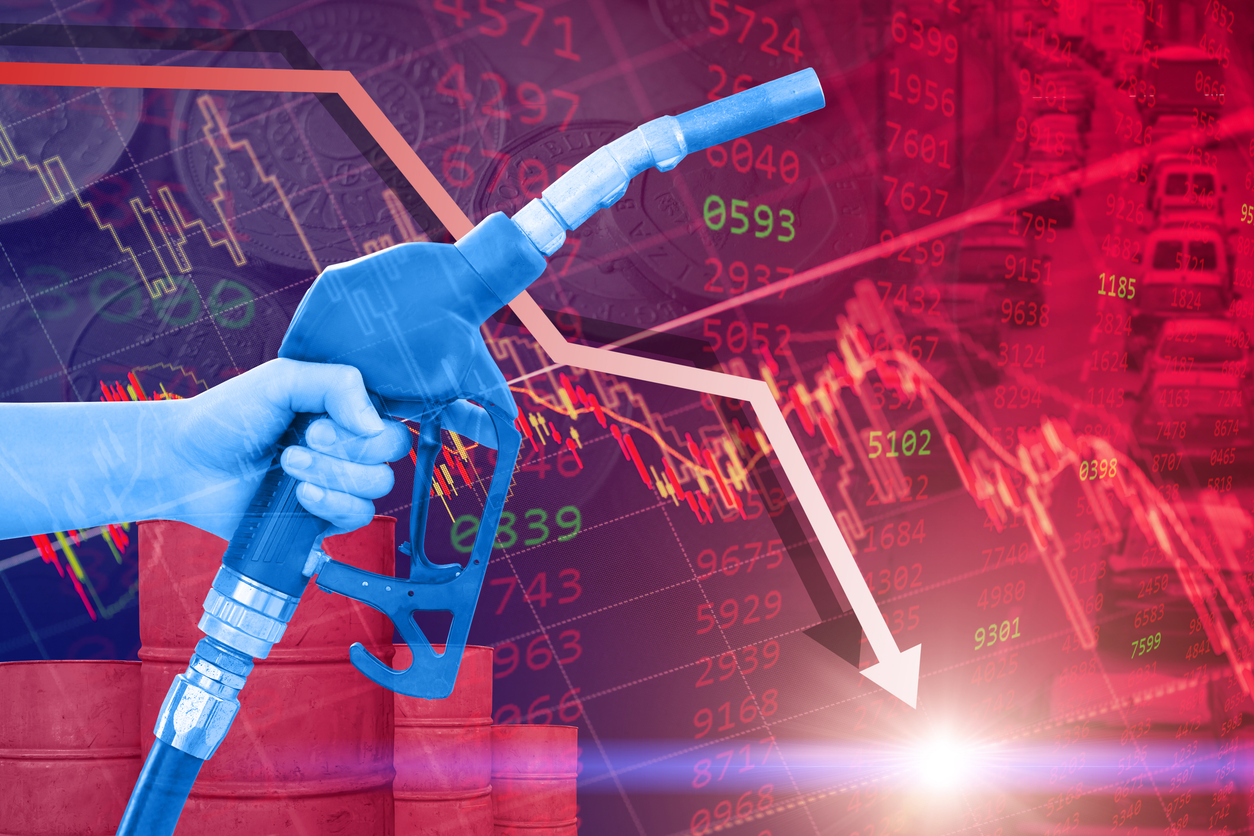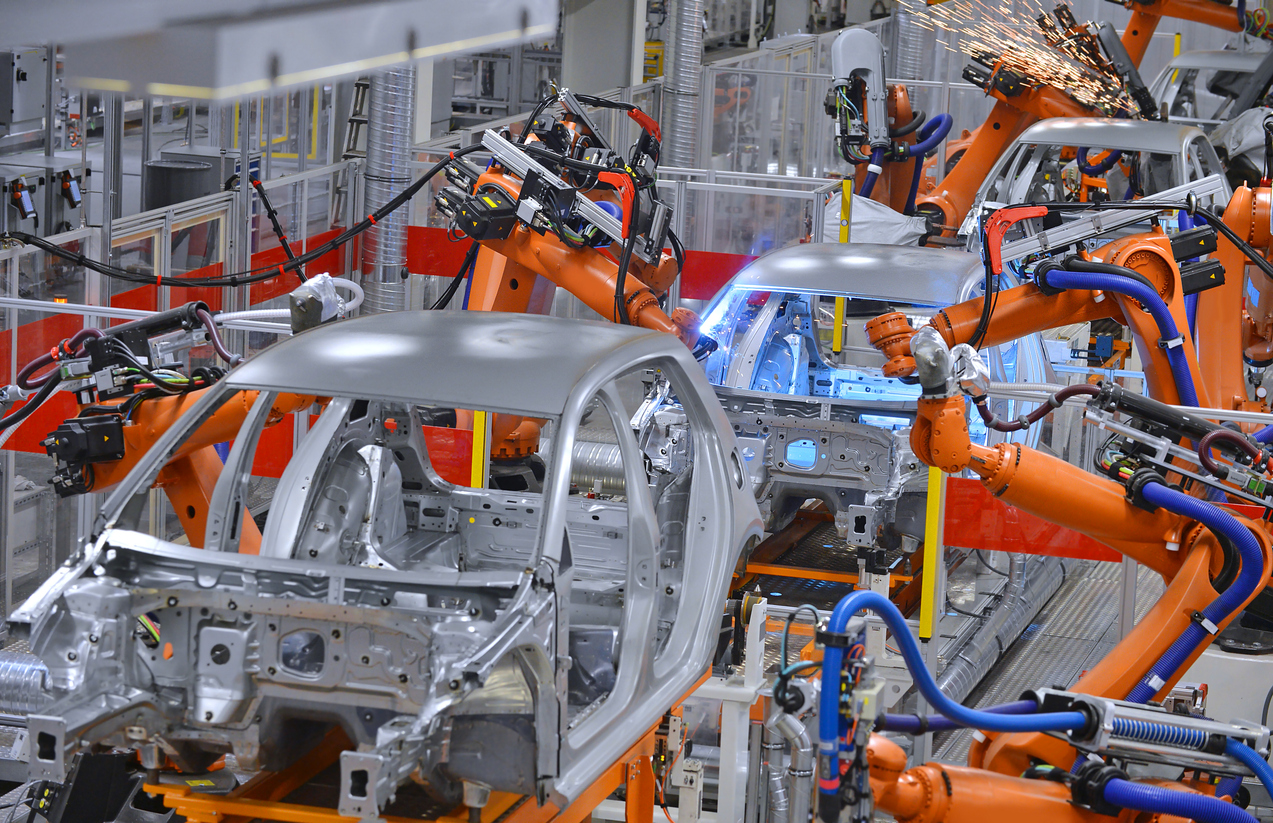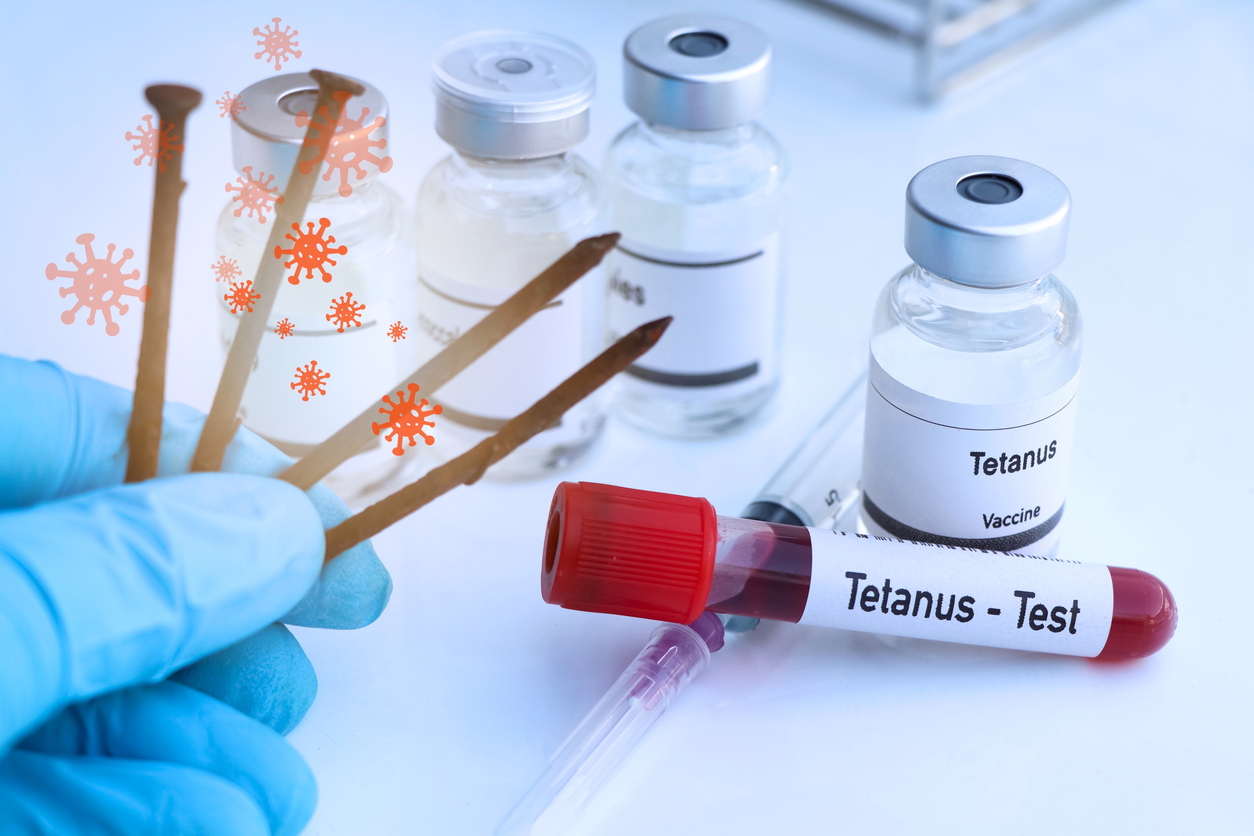Understanding Fuel Prices in Nigeria: July 2024 Update
Understanding Fuel Prices in Nigeria: July 2024 Update
Fuel prices in Nigeria have been a topic of significant interest and concern, particularly in light of recent economic developments and market fluctuations. As of July 2024, the cost of petrol, also known as Premium Motor Spirit (PMS), shows considerable variation across different regions of the country. Here’s a detailed look at the current fuel prices and the factors influencing them.
Official Pump Prices
The official pump price for petrol in Nigeria is approximately ₦617 per liter. However, this price is not uniform across the country. Due to logistical challenges and varying market demands, the cost of petrol can range from ₦600 to ₦700 per liter in different states (GlobalPetrolPrices.com) (Nigerian Prices | Naija Price Watch).
Regional Price Variations
Here are some examples of how petrol prices vary across various Nigerian states:
- Lagos: ₦750 per liter
- Abuja: ₦750 per liter
- Kano: ₦850 per liter
- Rivers: ₦780 per liter
These differences are largely influenced by factors such as transportation costs, local demand, and the availability of supply (CarMart).
Black Market Prices
The black market for fuel in Nigeria often reflects even higher prices, especially during periods of scarcity. Currently, black market prices range from ₦720 to ₦1,000 per liter, depending on the region and fuel availability. This discrepancy is due to the unregulated nature of the black market and the risks associated with illegal trading (CarMart).
Factors Affecting Fuel Prices
Several factors contribute to the fluctuating fuel prices in Nigeria:
- Logistics and Transportation Costs: The cost of transporting fuel from refineries to various parts of the country adds to the overall price. Regions farther from the supply source typically face higher prices.
- Market Demand and Supply: Variations in local demand and the availability of supply can cause price differences. Areas with higher demand or limited supply often see higher prices.
- Government Policies: Changes in government policies, such as the removal of fuel subsidies, can directly impact fuel prices. The shift towards a market-based pricing system means that prices are influenced by global oil market trends.
- Economic Conditions: The overall economic climate, including inflation rates and currency fluctuations, also plays a role in determining fuel prices.
Conclusion
Understanding the current fuel prices in Nigeria requires a consideration of various regional and economic factors. As of July 2024, while the official pump price for petrol is around ₦617 per liter, actual prices can vary significantly across different states and in the black market. Staying informed about these prices can help consumers and businesses plan better and manage their fuel expenses effectively.
For more detailed and updated information, you can visit resources like Global Petrol Prices and Carmart Africa.








Comments are closed.